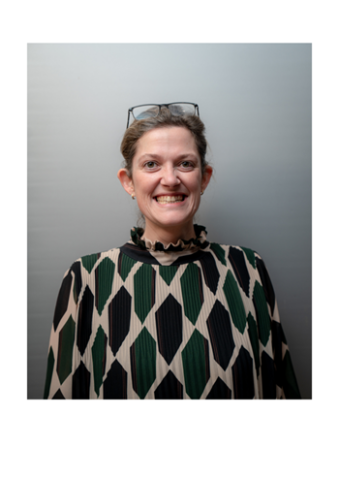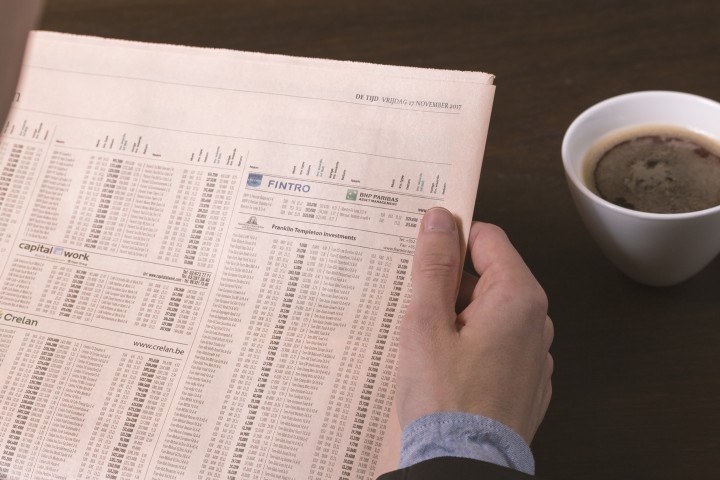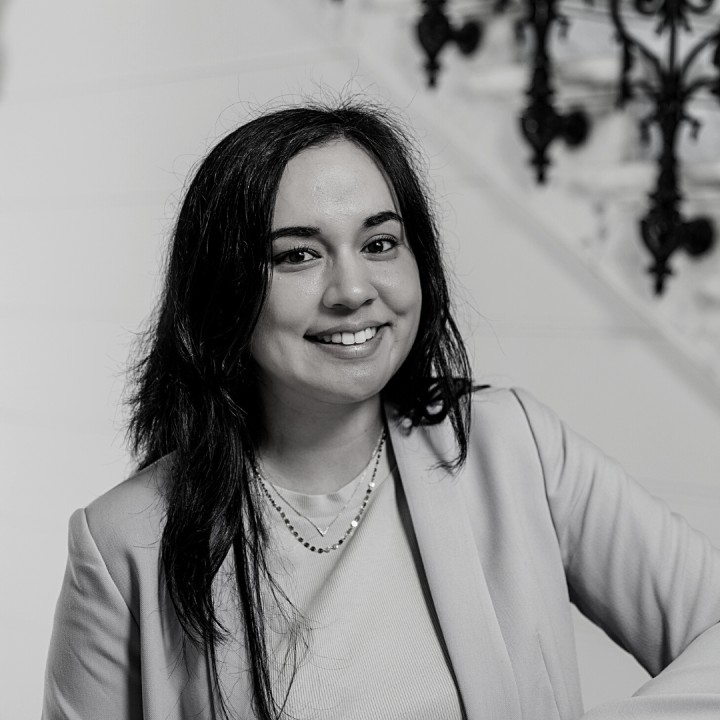Meet Caroline Deschamps
-
Meet Caroline Deschamps
-
Pharmaceutical Affairs
Caroline's story as a Strand Consultant
Tell me about your education and career path so far.
“After studying sciences and languages in high school, I graduated as Engineer in Biotechnology and Agro-Industries. I’ve always worked in pharma and had the opportunity to work for several big players in the industry in a variety of positions.
I chose my studies because they were a good stepping stone towards opportunities in different industries. When I chose to specialize in biotechnology, I made a conscious choice. I wanted to do something with a purpose, with a clear indication that my work was valuable for patients and for the medical field. There are a lot of challenges that we still need to overcome and this really drives me as well and gives me direction.
When I was younger, I always liked to have responsibilities. So, it was natural for me to choose studies and later on a profession that has a lot of accountability.
I have experience in production, quality assurance, and technical positions and switched to my current role at Strand a bit over a year ago. I now lead a team of 5 consultants who are very driven and motivated in their job. It’s really a pleasure to work with them!”
What inspired you to pursue a career in pharma?
“My dad was a pharmacist so I grew up surrounded by science. My brother and I both went on to do a scientific education. I really believe that the influence of my dad was pivotal - I’m sure if my parents were teachers, I’d be one as well!
Even though we didn’t both stay in the scientific field, my brother and I share our drive and ambition. He worked for several years in the world of racing as a mechanic, right until that did not become compatible with having a family life. He is now a swimming pool & garden technician.”

Who has played an important role in your career in order for you to grow?
“Honestly, all the people I met from the moment I began to work inspired me in their own way. From my manager to the employees in production, everyone was inspiring and motivating me and keeping me focused on my job and responsibilities.
In my current team, they keep challenging me and keep me sharp.”
How would you define leadership?
“Simple: collaboration. I am the manager, but I don’t work hierarchically, I work with my team. We really have a close relationship, they even tease me and call me Mom! (laughs) We update each other about our private lives, one of the team members is going to be a dad soon and we are all counting the days together.
Leadership is not about being a chief who decides everything for everyone. My style is that when something has to be decided, I discuss it with the team. It’s a very close collaboration and we rarely disagree.”
That’s impressive! What makes your team so aligned?
“The mission, the vision, the goals of the team are very clear. We are well organized, everyone knows their job perfectly. It actually starts at the beginning, when someone applies to join the team I’m present during the interviews and to integrate new colleagues. I know my team well and I know if a profile can match with the others or not. I mind behaviour, education and simply the way someone is.
The result is a team that’s very compatible and has high adaptability to each other. When we have face-to-face meetings and someone has a bad day, we see it directly.”
When things go smoothly, that’s the easy part. How do you respond when a team member does not feel great?
“It already happened and when I was in this situation, I saw that one person in my team was not okay. So I planned a face-to-face meeting just to check in. I asked how I could help and if there was anything I could do. It’s all about opening the conversation and creating a safe environment where people can express themselves. This act in itself was a great comfort for that person and then it was okay.”
You strike me as an emotionally intelligent person, would you say that is an important skill as a leader?
“Yes. I’m a sensitive person and interested in the well-being of my environment. So, it’s important for me that my team feels secure in their job. When I connect with my work, I call my team just to know if I can do something for them, to check how their workload is, or if they need a sparring partner. They are not afraid to fail. Our team culture is about learning together.”
That makes me think about that famous quote: “You can’t lose, you win or you learn.”
“Exactly!”
How would you describe your leadership style at home?
“Completely the same! That’s why my team calls me mom, because they know I have four kids who are 12,10,7 and 6. It’s always a party at home!” (laughs)
What kind of life advice would you give to your daughters?
“Have self-confidence, never doubt that you can reach your objectives. I hope to be a good example for them. I also encourage them to become independent and to never depend on anyone else, and stand on their own two feet.”
How do you build your daughters’ self-confidence today?
“We speak a lot. Every day, we talk during dinner and I ask them to explain what was good today or not good. They are open and share what’s on their minds. When something is wrong, I see it on their face and I ask them to explain: how can we find a solution? Do you want to handle the situation alone or do you want me to help you? They tell me when it’s okay and when it’s not.”
Can you describe some of the challenges you've faced?
“The biggest challenge was when I got my first job. Fresh from school and my very first role was that of team leader of 30 people. As you can imagine: it was quite challenging but it was exactly the moment when I decided not to be a chief.
I knew that they had to explain the job to me. As soon as I arrived I asked them to explain the job, and I first learned their job before I could learn mine. I also had to be accepted. I was 26 or 27 at the time and those people were working there for almost 20 years, so it was a daunting task but I did it! I still have some contacts with people from that first job today, so I like to think that I succeeded in what I had to do.”
That sounds like a huge challenge, can you describe which skills were essential to achieve success?
“Empathy, a lot of respect, and sincerity. When I have something to say, I say it. Even when it’s touchy I try to be diplomatic and give the message in a constructive way. But I always say it. To be successful in pharma, you need a sense of responsibility, stay focused on the objectives and focus on the work.
Which advice would you give to your 18-year-old self?
“Do what you want. Do everything you can to reach your objectives and go for it.”
And to other women who aspire a career in pharma?
“Never give up! Always keep focused on the objectives, take responsibility, keep focused on the target, on the importance of your job and be proud of what we can do!”
This interview is part of a cross-branch blog series that focuses on the stories behind the many talented people of Sisu Group.
Overview
